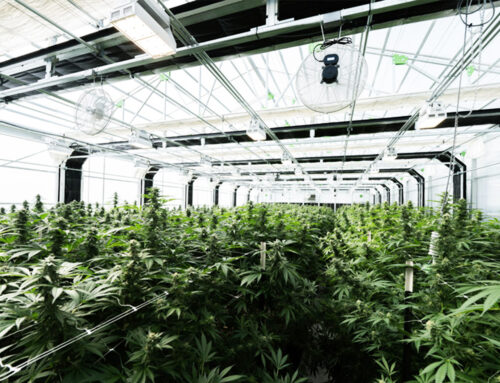States Propose Cannabis Tax Hikes Amid Industry Pushback
LOS ANGELES- In Michigan, Governor Gretchen Whitmer’s recent $3 billion infrastructure plan includes a proposal to close a cannabis tax loophole, potentially generating an additional $470 million for road repairs. This move has alarmed local dispensary owners, who fear that higher taxes could lead to business closures and drive consumers toward unregulated markets. The state’s cannabis industry, legalized for recreational use in 2018, reported sales exceeding $3.29 billion last year, marking a 7.6% increase from 2023.
Similarly, California’s legal cannabis sector is facing financial challenges due to a planned 25% tax hike. The state is required to adjust the cannabis excise tax rate to address lower-than-expected tax collections resulting from declining sales. The excise tax is expected to rise from 15% to 19%. Industry leaders warn that these measures could push businesses out of the legal market and into the thriving illicit sector, potentially leading to an industry “extinction event.”
In Maryland, Governor Wes Moore has proposed increasing the recreational cannabis tax from 9% to 15% as part of a broader strategy to address a $3 billion budget deficit. The plan also includes income tax hikes for high earners and increased taxes on casino gaming and sports betting. While aimed at bolstering state revenues, these measures have raised concerns about their potential impact on the legal cannabis market and the possibility of driving consumers to unregulated sources.
The structure of state excise taxes (SET) on cannabis varies across the U.S., significantly influencing state economies. In the largest markets, seven states impose SET only on retail sales: Arizona, California, Maryland, Massachusetts, Michigan, Missouri, and Washington. In contrast, Illinois and Colorado apply SET at both cultivation and retail levels, which can lead to tax disparities, especially in vertically integrated operations. Reform suggestions include eliminating the cultivator “privilege tax” in Illinois and adjusting legislation in Colorado to better reflect actual market conditions.




































